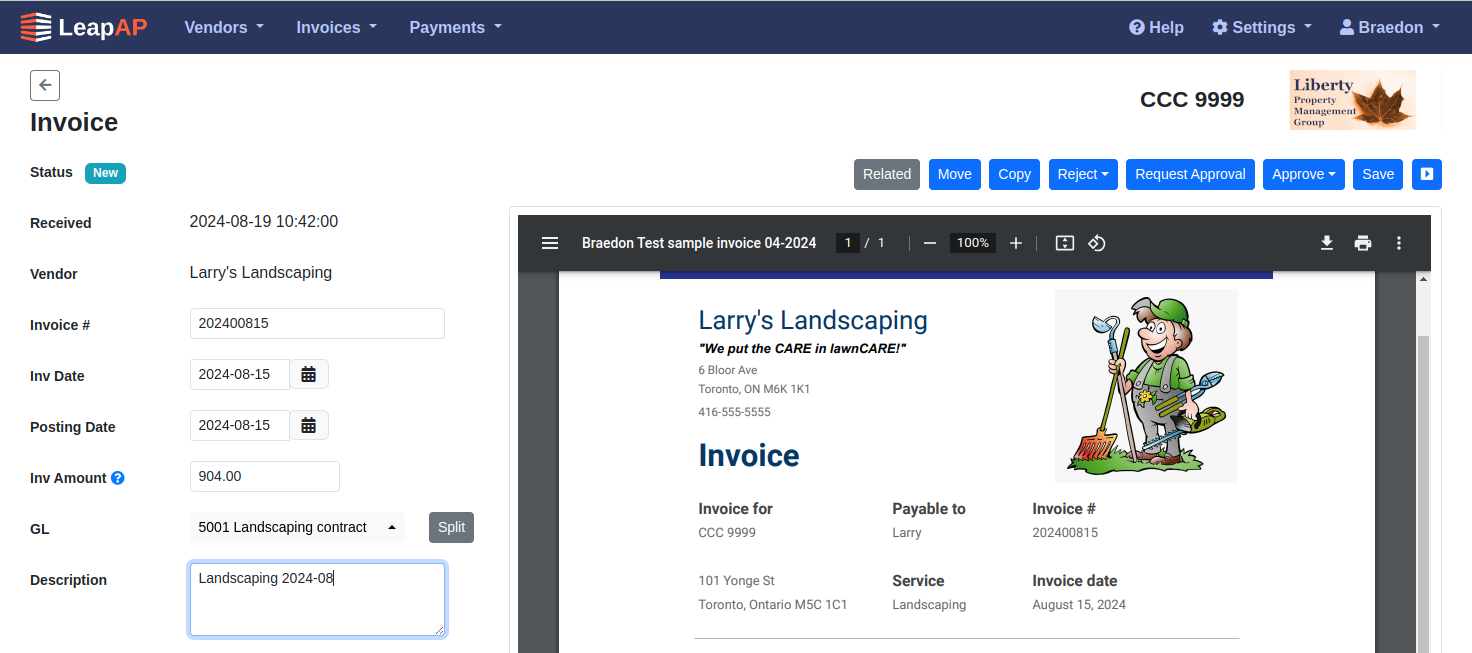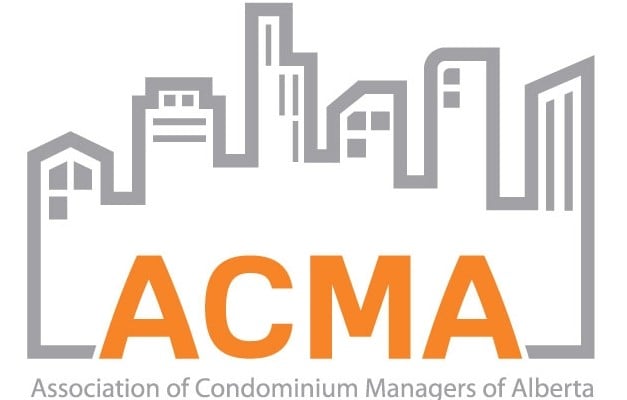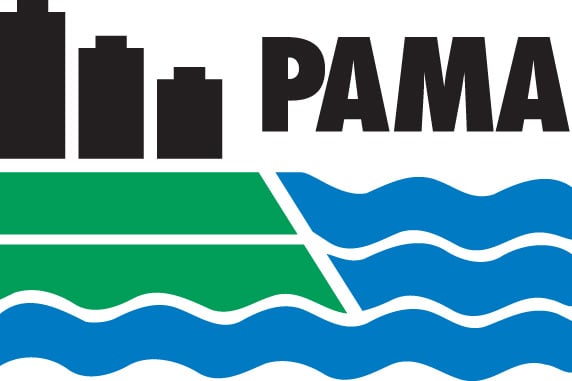While provinces and states have started re-openings of the Covid-19 lockdowns, there still remains a large amount of people staying home and working from home. As mentioned in a previous post, noise levels in condos have seen a sharp rise as the majority of a community is now staying at home. In condo parlance, this is called noise nuisance. In this article, we explore how to handle the sharp increase in noise nuisances in your condo community whether you're a resident, a board member or property manager.

Why Have Rules Around Noise?
Typically, each condo corporation has rules about noise and restrictions that govern what is acceptable and non-acceptable behaviour. These rules are of great use because for one, simply having them in place serves as a great deterrent to noise nuisance in itself. Residents are more prone to behave with caution when these rules are in place.
Rules are great in that they specifically prohibit certain types of behaviours. For example, often times, you will see condo rules prohibit loud noise during certain times of the day (typically in the evening). In some communities, there can even be fines for violating the corporation's rules around noise. This can become tricky as 'noise' or level of noise is subjective and can cause much resistance when fines are handed out.
Well What Exactly is Noise Nuisance?
The definition really depends on the municipality or boroughs. It is not a concept that is defined at a large scale but rather on a micro scale depending on geography. It is generally and loosely defined as noise that is annoying, distracting or even physically harmful.
The general guideline in a condo is to ask oneself the question: does the act unreasonably interfere with another resident's enjoyment of their home or use of a common area? There are many acts or events that can violate that general statement, such as yelling, musical instruments, home theatre systems and running our walking loudly on hard surface flooring.
Steps to Resolve a Noise Complaint
There are a couple of steps that need to be taken to minimize tension during a noise complaint situation. Here they are:
- Detect problem: First thing is to really acknowledge or decide that the noise issue is in fact a problem. Often times, there are over-zealous condo residents that are trigger happy and file complaints at even the slightest of noise. That type of situation should not be escalated and morph into an actual noise complaint and be resolved between neighbours rather than involve the board or property manager.
- See if there is more than one neighbour making the complaint. When there is more than one neighbour making the complaint, that is typically a good indicator that the issue is serious enough to be escalated.
- Official complaint: If the complaining party wants the matter to be further resolved, a letter must be submitted to the board requesting the problem to be remedied.
- Letter to other party: After formally receiving complaint, the board may decide to issue a warning or a formal notice to the party making the noise.
- If informal resolution does not resolve the situation, then the matter would be taken to mediation. This is not a pleasant experience for all parties involved and should be treated as a last resort method to resolving the dispute.
The last resort option after mediation is in the rare case, the board can file a lien against the property and/or suspend privileges to the condo.
Dispute matters revolving around noise can become quite the complicated matter. It is extremely important not to undervalue proceeding with a clear strategy for all parties involved. Without the right preparation, a small issue has the chance of becoming a big one. In the end, the guiding factor should be the fact this is a matter between neighbours. Harmonious living is the goal. A good way to track communications by either mail or email is needed and Condo Manager provides just that. Please feel free to contact us to see how we can help in dispute matters.













